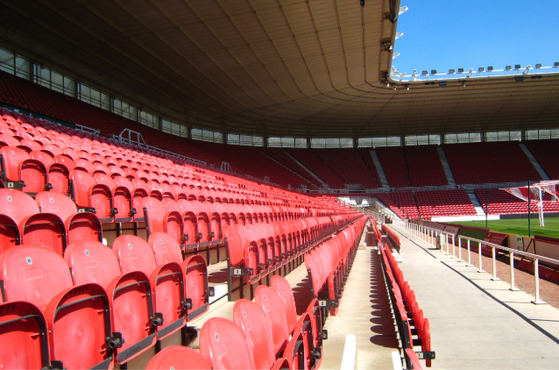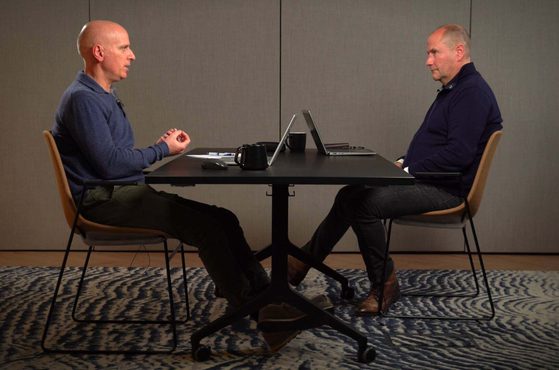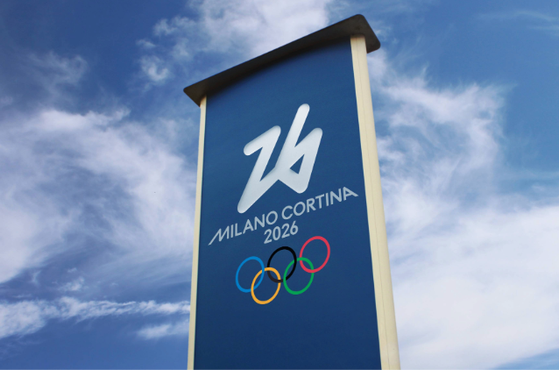Government to consult on unlicensed gambling operators sponsoring British sports

We explore the consultation background, the regulatory concerns driving it and what it could mean for clubs with existing or future sponsorship deals.
Read more
We make the difference. Talk to us: 0333 004 4488 | hello@brabners.com
AuthorsChris Glascott
5 min read

With the 2024/25 domestic football calendar now over and summer offering a brief respite, clubs across the football pyramid will be planning for the season ahead. While transfer news tends to dominate headlines, facility upgrades — including stadium expansions and training ground improvements — also take centre stage.
Everton have bid farewell to their historic home of Goodison Park as they prepare to move to Bramley-Moore Dock and there’s ongoing speculation regarding Manchester United and a potential move from Old Trafford. Undoubtedly, many other clubs will also reflect on their own facilities and consider upgrades that could support their long-term ambitions.
One common pre-season project is the installation of new artificial pitches. Larger clubs often assess whether to expand their training grounds with additional artificial pitches, while lower-league clubs are increasingly replacing traditional grass pitches at their home stadiums.
Back in January, Tamworth FC’s artificial pitch gained national attention when hosting Tottenham Hotspur in the FA Cup. Artificial turf is valued for its durability in poor weather, reducing match postponements while unlocking new revenue streams such as pitch hire and academy partnerships. Macclesfield FC recently installed an artificial pitch at their home ground, a move documented in the BBC series Robbie Savage: Making Macclesfield FC.
Here, Chris Glascott identifies the key legal considerations for clubs looking to install artificial pitches — from complying with pitch standards to understanding the nuances of construction contracts and more.
When considering the installation of an artificial pitch — or indeed any form of construction work — clubs must go about things in the right way. While it can be tempting to keep things simple and informal, if something is missed or done incorrectly the construction works could lead to a minefield of potential issues.
Here are our five top tips to keep in mind…
If the pitch will serve as the club’s league home ground, it must meet the certification requirements set out in the league rules and handbook. Many leagues mandate FIFA Quality Pro certification — the highest standard. Clubs should consult the league rules and communicate any requirements to their contractor.
Additionally, verifying whether the contractor holds Sports and Play Construction Association (SAPCA) accreditation can help to ensure compliance with industry standards.
With limited time between the end of one football season and the start of the next, careful planning is essential to avoid disruptions. Clear timelines should be agreed with the contractor to ensure project completion before competitive fixtures resume.
If an artificial pitch is to replace a club’s home pitch, any delays could leave that club without a registerable home pitch when the new season begins. It’ll also be important to have the chosen contractor procured as soon as possible.
Inevitably, many clubs will be hoping to complete their works within the pre-season period, so all will be vying to appoint one of the small number of specialist contractors able to take on artificial pitch installation.
Clubs must determine who’ll oversee the artificial pitch design — the contractor or a separate architect. Establishing clear responsibility for the design of the project from the outset ensures accountability and can prevent disputes from emerging down the line.
Despite best efforts, construction projects don’t always go as planned. If the installed pitch fails to meet required standards or the contractor is unable to complete the work (for example, due to insolvency), clubs should be able to look back to pre-agreed procedures that set out how such scenarios should be dealt with.
A well-drafted contract should outline all this — including termination rights — to safeguard the club’s interests. It should also cover the position on delay and may provide a pre-agreed mechanism for the club to claim damages if the installation doesn’t complete until after the date agreed.
Engaging a contractor to install an artificial pitch constitutes a ‘construction contract’. This is distinct from a normal contract and brings with it specific rights and duties that apply to both parties. As a result, certain terms may be implied into the contract automatically — even if they aren’t discussed or even contemplated by the parties. This is the case even if the contract is formed informally via email or even orally.
To avoid ambiguity, clubs should agree an express written contract that outlines all terms to ensure clarity. It’s particularly important for this contract to clearly set out the mechanism for payment, which must comply with the Housing Grants, Construction and Regeneration Act 1996.
The most effective way to avoid these issues is to enter into a detailed written construction contract before commencing works. A well-structured agreement ensures clarity for all parties, minimises risks and provides clear recourse if issues arise. This will provide clubs with peace of mind while works are ongoing and allow them to focus on other matters during the busy summer period.
With extensive experience in supporting a wide range of developers — including football clubs — our dedicated construction team is available to advise on your project and assist with drafting the necessary construction documents.
Talk to us by calling 0333 004 4488, emailing hello@brabners.com or completing our contact form below.

Loading form...

We explore the consultation background, the regulatory concerns driving it and what it could mean for clubs with existing or future sponsorship deals.
Read more

We discuss the mounting dangers of AI-powered cybercrime across the world of sport with David Andrew — the Founder and Managing Partner of Tiaki.
Read more

We explore how structural, environmental and organisational shifts are shaping the 2026 Winter Olympic and Paralympic Games.
Read more